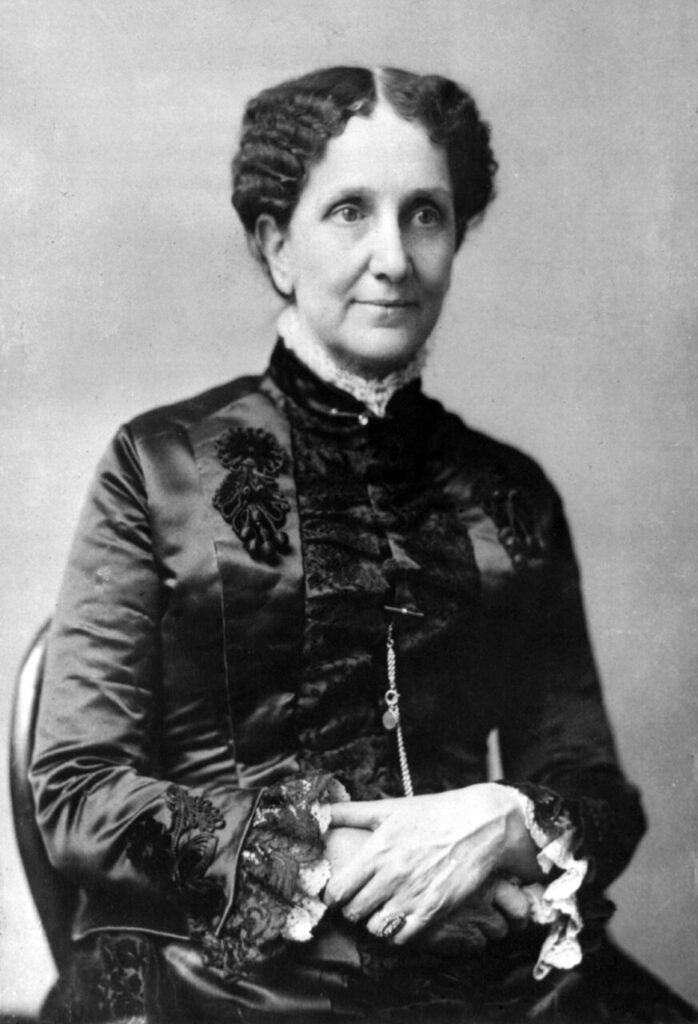MARY BAKER EDDY

Mary Baker Eddy had an enduring life that started on July 16, 1821 in New Hampshire. Mother of the Christian Science movement, Eddy is the author of several books and articles, and is the lead pioneer of The Church of Christ, Scientist, founded in 1879 in Boston, Massachusetts.
Mary struggled with ill health as a child and later came to the realization that some of the difficult and unsettling church doctrines were impacting her health and wellbeing. As a teenager, she made her own decision for Christ and followed her mother’s advice to lean on God’s love and to seek Him and His guidance through prayer. That she did; and in her own words, “a glow of ineffable joy came over me.”
Her chronic indigestion and the pain and fevers were gone, and she felt her health restored to normal. This was for her the discovery of Christian Science that formed her lifelong passion and search for divine remedies to mankind’s sufferings. Now armed with a longing and thirst for divine things, Mary Baker sought diligently for the knowledge and power of God as the one great and ever-present relief for human woes. She wrote, “I wandered through the dim mazes of material medicine ‘til I became weary of scientific guessing. I sought knowledge from different schools – allopathy, homeopathy, telepathy and hydropathy, but without receiving satisfaction.”
Mary Baker Eddy wrote the by-laws and the constitutional structure for The Church of Christ, Scientist and founded a college that taught Christianity and its element of healing. She went on to establish many key elements of the organization grounded by a key guide to the Christian Science beliefs in a book called “Science and Health with Keys to the Scriptures.” This book has sold over 12 million copies. She has made an indelible mark on the religious life in America.
Today there are over 1,100 Christian Science Reading Rooms in America, the weekly Christian Science Sentinel, and one of America’s most enduring daily publications, The Christian Science Monitor, a secular world-wide news publication that is the winner of more than 7 Pulitzer Prizes, Peabody Awards and Global Press Club Awards.
The Smithsonian Magazine listed her among the 100 most significant Americans of all times, and following her death in 1910, The Boston Globe wrote that “she did a wonder and extraordinary work in the world and there is no doubt that she was a powerful influence for good.”







